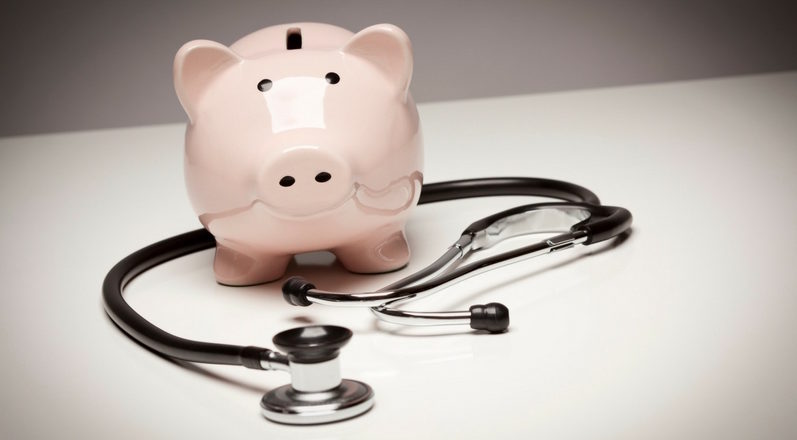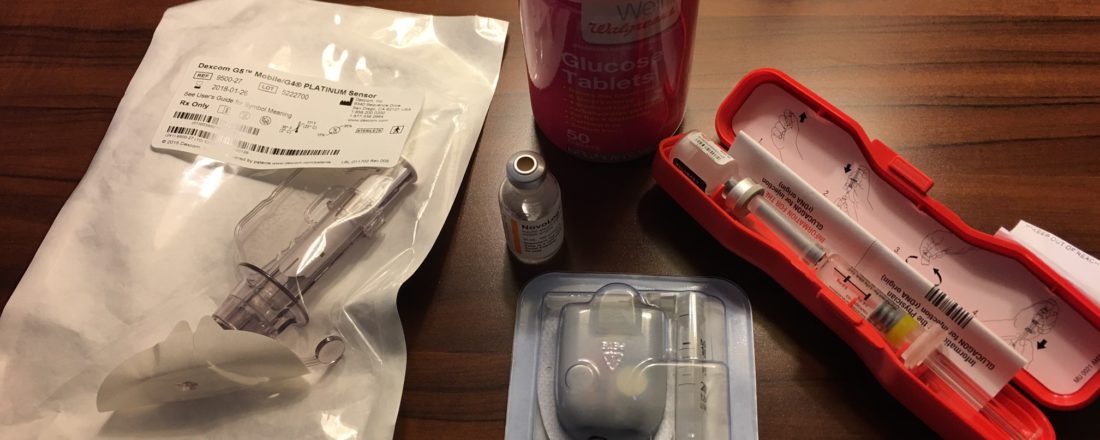The Emotional Side of Diabetes

Today let’s revisit a prompt from 2014 - May is Mental Health Month so now seems like a great time to explore the emotional side of living with, or caring for someone with, diabetes. What things can make dealing with diabetes an emotional issue for you and / or your loved one, and how do you cope?
The emotional side of diabetes is what I tap into often. Everyone has their own way of dealing with diabetes, and not one way is wrong.. because every journey is different. I’ve had some people tell me that my viewpoints are often depressing or negative. While I do like to share all aspects of this disease, the emotional side is what releases my mind.
Now in real life, besides the lows and highs that come with this disease, I manage pretty well. Or as best as I can (of course) with the lack of a working pancreas. But I wasn’t always doing so “good”. When I was diagnosed at the age of 12, I thought my life was over. I didn’t want to be labeled or seen as different. I didn’t like the idea of the possible complications or sudden death that could occur from this disease. I just wanted to hide, ignore it, and pray it would go away. I was scared, and I had no one to talk to about my fears or doubts. On the outside I looked fine, but on the inside — I was battling my inner demons.
Along the way, many years of only talking about my diabetes to family and close friends — I eventually started this blog. It was my time to talk about what’s not being discussed. To start conversations and show the reality. The things that many struggle with but are difficult to express or understand. I would say I’m living proof that you can go through hell and back and come out of it even stronger. I know there are many people who are going through what I’ve gone through, and I want to share how bright the future really is.
I would say the emotional side of diabetes is harder than the physical. The needles don’t bother me, the blood sugar checks, the long nights, or the constant monitoring of data. What bothers me now is that I have a family of my own and there is no cure for my illness. Now as I’m trying to teach my children about it, I’m also trying to teach the rest of the world through my blog. It’s open to anyone to share how diabetes has impacted them, because someone, somewhere, is most likely going through that RIGHT now.
I think my biggest accomplishment with diabetes is letting myself become vulnerable. Not caring what everyone thinks, embracing who I am, and who I’ve become — weaknesses and all. I believe by doing this, I’m able to cope with the emotional side, because I no longer fear, I just live.




